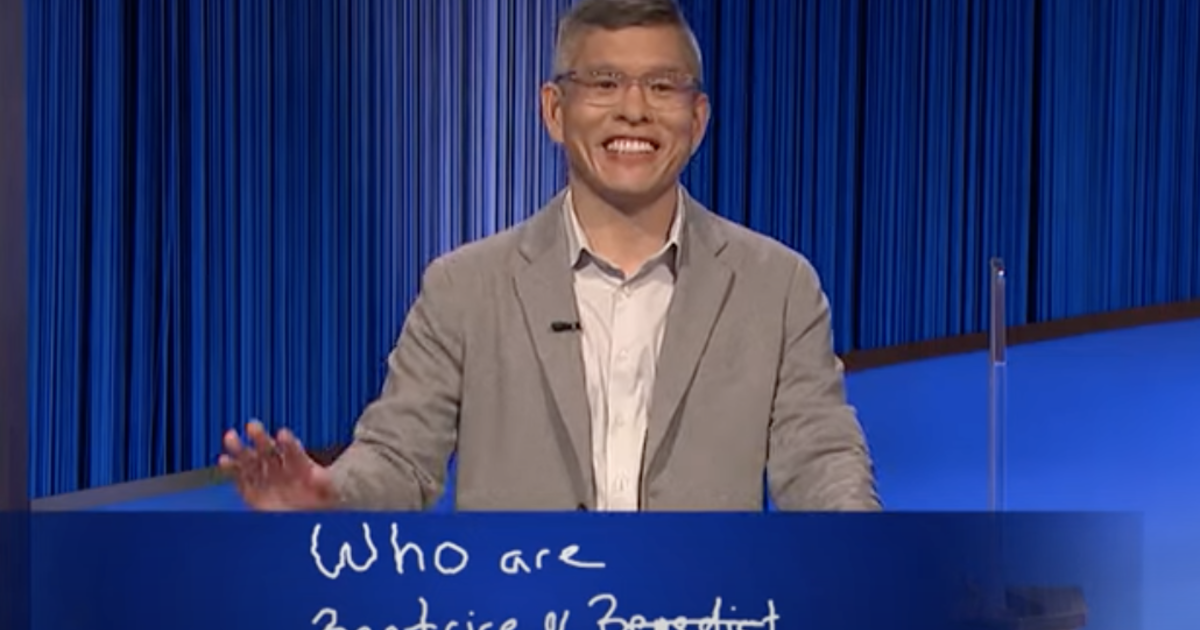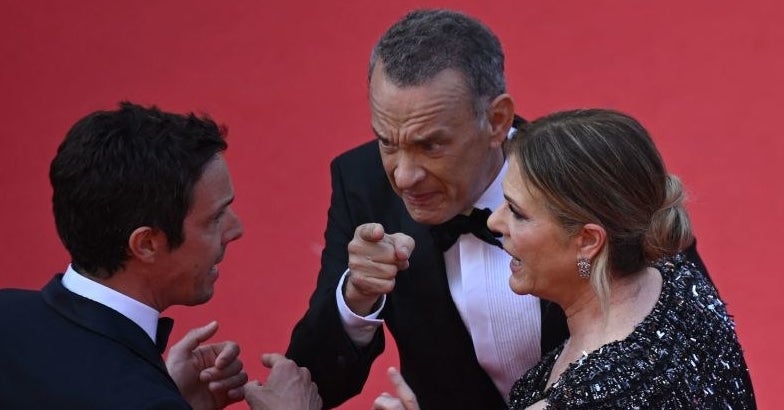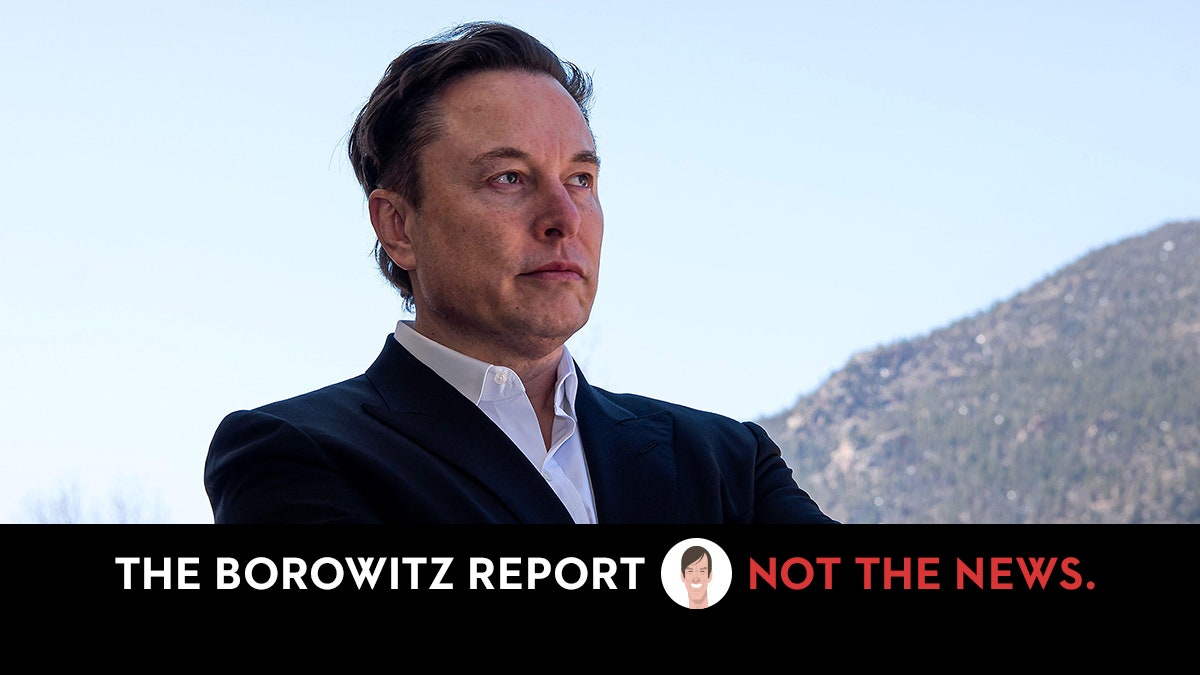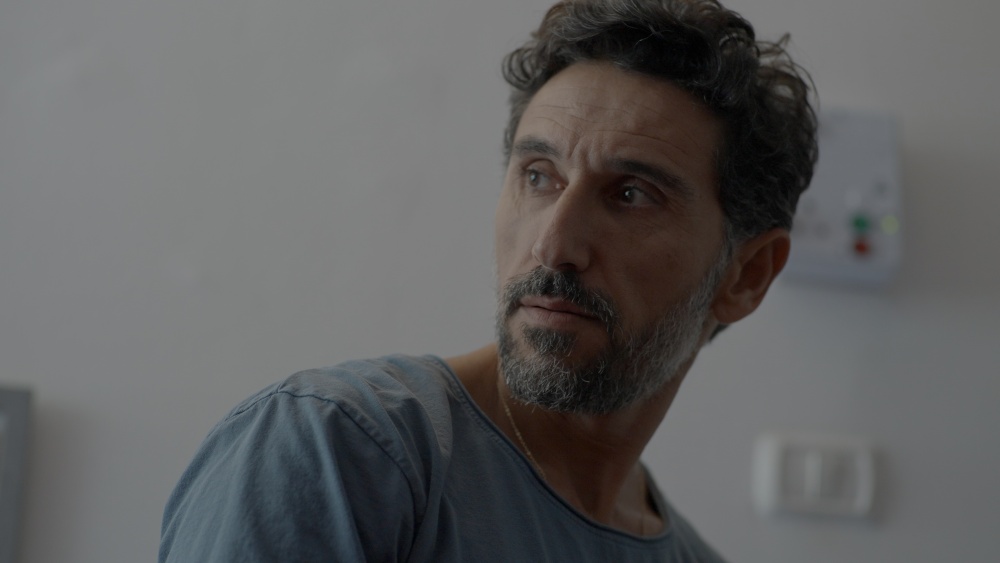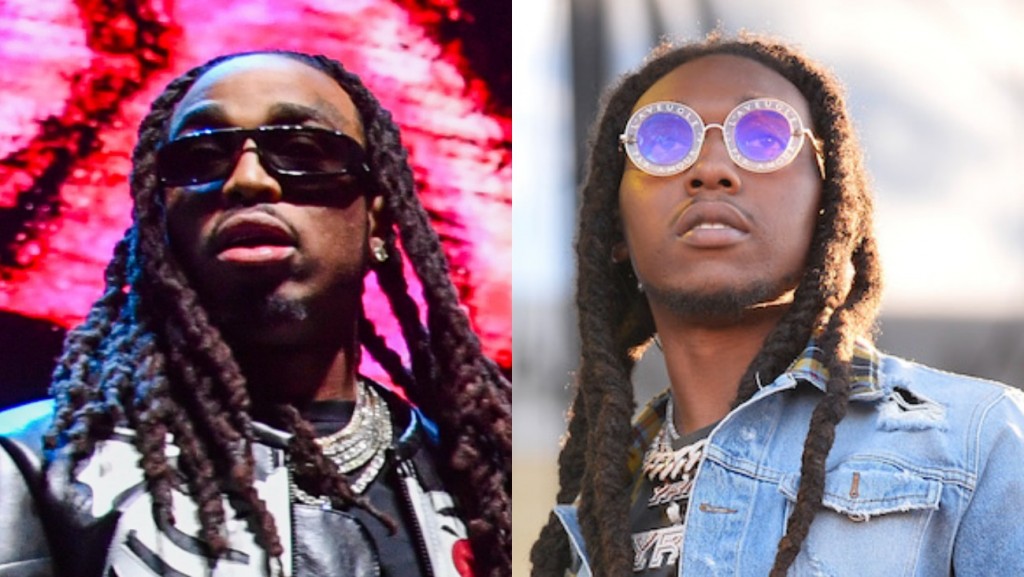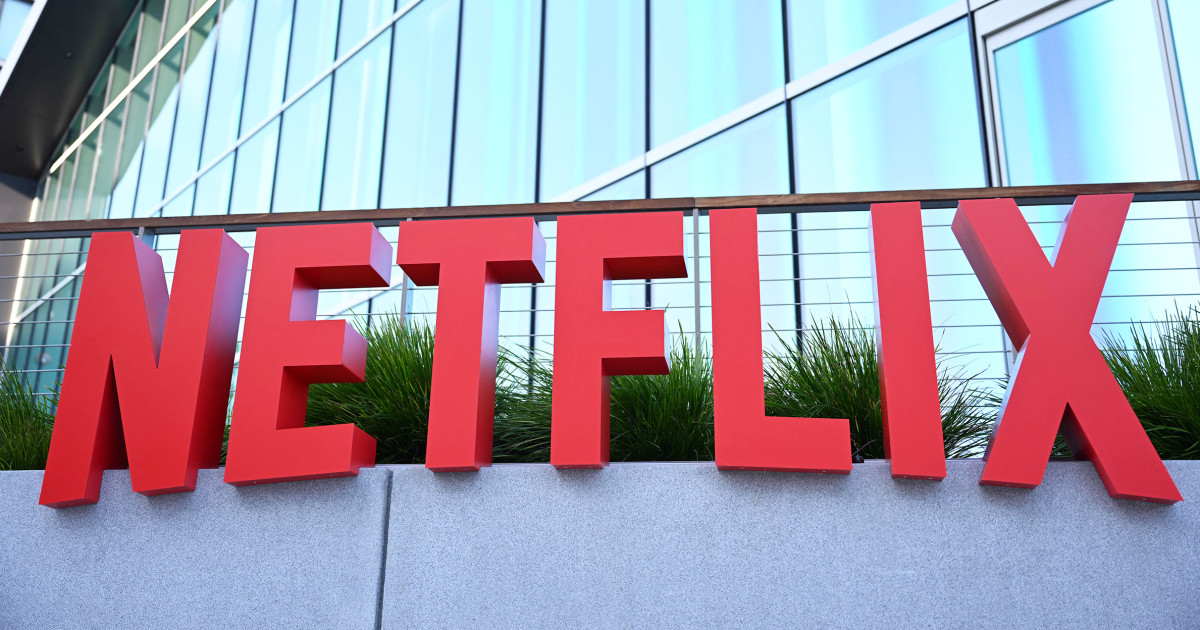The Vanishing Acts of Vladimir Putin
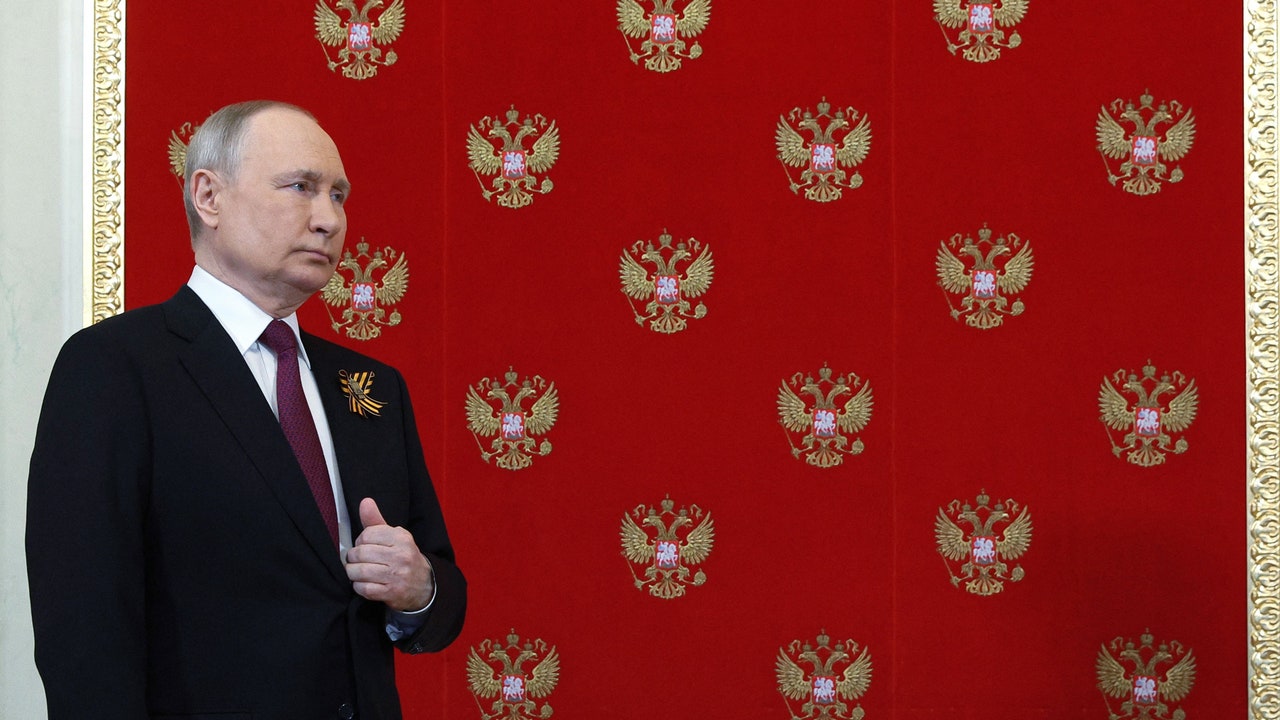
Most years, Vladimir Putin delivers an annual address to the Federal Assembly. It was during this speech, in 2021, with a hundred thousand Russian troops already amassed on the border with Ukraine, that he said anyone who threatened Russia’s security interests “will regret their deeds more than they have regretted anything in a long time.”
But by the end of 2022, nearly a year into Russia’s invasion of Ukraine, Putin broke protocol; December, then January, came and went without an appearance from the Russian President. Farida Rustamova, a Russian journalist whose Telegram channel and newsletter, Faridaily, chronicles the country’s political élite, told me that her sources were all saying the same thing: “We would really like to hear this address already.” She added, “They hoped Putin would finally reveal the plan. What are the goals, and his vision for how life in the country will develop?”
Putin finally made the address in February, but it contained few details, and certainly lacked any specific reference to the road ahead in Ukraine. “And so what?” Rustamova told me, of her sources among the élite. “They know their frustration is unproductive. It doesn’t mean anything—not in terms of what Putin will decide to do or not do, and not even for the over-all stability of the regime.”
One of the seeming paradoxes of the Putin system is the degree to which its figurehead is at once a unitary micromanager and an absent, aloof, and often indecisive leader. During the past decade, I have heard stories of Putin signing off on the appointments of mid-level executives to Gazprom, the state energy company; yet I also watched how he effectively withdrew during the pandemic, leaving COVID-response measures to ministers and governors.
The war in Ukraine, now in its fifteenth month, is perhaps the most dramatic example of Putin’s tendency to both hoard authority and shirk the responsibility that comes with it. The decision to invade was Putin’s own, the result of his pent-up grievances toward the West, conspiratorial fantasies about Ukraine, and misplaced confidence in his own Army. Few in the Russian élite, to say nothing of the public at large, wanted a war or even knew one was coming. But, as the war has unfolded, Putin has offered few signals or explanations for how the conflict is going—and to what end.
A Russian offensive over the winter, carried out with hundreds of thousands of mobilized troops, resulted in almost no territorial gains but major losses in manpower and equipment. A Ukrainian counter-offensive, which has been anticipated for weeks, may have already begun; in recent days, the Ukrainian Army has pushed back Russian units from some positions outside of the besieged city of Bakhmut. The independent outlet Meduza got a copy of instructions that the Kremlin had distributed to state media, telling outlets to prepare the public for possible setbacks. “The loss will be explainable,” a source told Meduza.
On May 3rd, two drones armed with explosives hit the Kremlin, detonating in a blast of fire that lit up the dark Moscow sky. The Russian state’s official response was that the attack was an assassination attempt on Putin, carried out by Ukraine and dictated by the United States. Some wondered whether the whole thing was a false-flag provocation staged by Russia, but, as Lawrence Freedman, the eminent British military historian and analyst, argued, this is an unlikely explanation, given that the event made Russia look weak. “It was embarrassing,” Freedman said. “Ukraine was not supposed to be able to reach this far.”
The real explanation was likely the simplest one: elements in the Ukrainian military and security services, or underground partisan groups inside Russia, or perhaps the two together, had launched the drone attack not to kill Putin—he doesn’t spend the night in the Kremlin—but to demonstrate the degree to which one of the most protected sites in all of Russia is, in fact, a vulnerable target. The message was clear: If the Kremlin can’t protect its own building, what else isn’t it capable of doing?
The attack was yet another moment—like the bombing of Russia’s bridge to Crimea, last October—that led to an outburst of jingoistic vitriol. Margarita Simonyan, the head of the state-controlled news network RT and a figurehead for the more bellicose camp inside the élite, called for a military escalation, asking, “Maybe now it will begin for real?” This was merely an updated version of the perennial notion that a country’s military could win the war if only it weren’t fighting with one hand behind its back. But, in a personalized autocracy such as Putin’s Russia, it can become politically problematic—if not outright dangerous—for the person assumed to be holding that hand to be the Great Leader himself.
Putin, though, has said nothing publicly on the drone strike. On May 8th, Andrey Kolesnikov, a correspondent for Kommersant who has covered the Russian President for two decades, reported that Putin had privately told a group of reporters that the attack was nothing all that special or serious. “He didn’t seem to attach the same importance to the incident that the rest of the world did,” Kolesnikov wrote. Attempting to downplay a strike against his own seat of power is not the sort of thing one expects from the caricature of Putin, the strongman who leaps at every chance for conflict with the West.
Around the time of the drone strike, Yevgeny Prigozhin, the head of the Wagner Group, a Russian mercenary outfit fighting in Ukraine, released a series of bitter, profane, and escalatory diatribes against Russia’s military leaders, namely the Defense Minister, Sergei Shoigu, and the Chief of General Staff, Valery Gerasimov. Prigozhin has spent months presenting his fighters as the only effective, truly patriotic fighting force in Russia’s war effort, while unabashedly pursuing his own power and influence. Prigozhin called Gerasimov and Shoigu “scum” who will “fucking eat their fucking guts in hell” for, as Prigozhin alleged, withholding munitions from Wagner.
What followed was a rather madcap, even farcical, series of events, in which Prigozhin threatened to withdraw Wagner troops from Bakhmut, which his forces have been trying to capture for months, then announcing that his blackmail worked: Wagner would get the arms it needed and would stay after all. A few days later, Prigozhin again said that Wagner was receiving only a small percentage of those arms, and referred to a certain “grandpa” who may turn out to be a “complete dickhead.” Many understood this as a reference to Putin; Prigozhin, rather unconvincingly, suggested that he meant someone else. But that’s beside the point: the head of an ostensibly private paramilitary structure has repeatedly humiliated Russia’s top military brass and cast a dark light on the entire Russian war effort.

